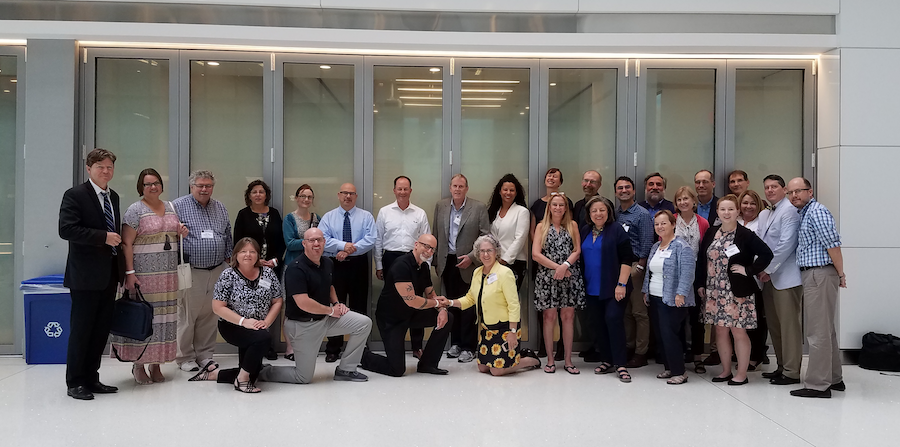
Jim Gillen is a hard person to forget: Big toothy smile, bigger personality, a set of sparkly, conspiratorial eyes that only beamed brighter when he shaved his head earlier this year after his lymphoma relapsed. The swankiest fedora couldn’t shade that man’s shine. He described his look as “Beastie Boy grandfather,” and he rocked it.
Watch this video to learn how to use Narcan in only 3 Minutes.
Isolation presents a particular challenge for people living with addictions. But the tools that got them to this point are relevant to everyone now.
The Rhode Island Governors Commission on Disabilities has created the following resource guide to assist you.
One of CCAR’s foundational principles is “There are many paths to recovery“. To support this principle, CCAR hosted 4 conferences focused on multiple pathways of recovery. Recently, I attended a Wellbriety All Addictions Conference in Santa Fe. This event focused on the 12 Steps. I have spent a great deal of time since thinking how 12-Step recovery fits into a larger paradigm.
A first-of-its-kind opioid treatment program is opening its doors to addicts seeking treatment around the clock.
"We don't have to turn anyone away," said John Koch, peer support program manager at the Community Medical Services North Phoenix clinic.
They visit overdose victims in the hospital. They hand out lifesaving drugs on the streets and educate their peers about their own relapses. In Rhode Island, former drug addicts are the most valuable fighters on the front lines of the war against opioids. William Brangham reports as part of our series, “America Addicted.”
The words we use matter. Words convey meanings and not always the meanings we intend.
August 2018
Deb Dettor, Director of Recovery Support Services for Anchor Recovery Centers, just returned from Washington, DC where she participated in a technical expert panel on research and evaluation for Recovery Support Services. Deb was asked to present on Recovery Community Centers, and reports she was greatly honored to be invited to speak about this and other topics under study. She was joined by top researchers, state systems leaders, national funders and recovery service directors from across the country; and returned inspired by her learning and input to help guide the development of national research priorities. These research findings are critical to establish evidence based practices for recovery support. Most promising about recovery support services is that they lead to better recovery outcomes with a significantly lower price tag. Current research indicates that 50-60% of individuals with addiction will achieve full sustained remission. Studies are underway to determine how the use of community based recovery support will improve this statistic.
Six domains have been identified within the Recovery Support Services field that emerged in the early 2000’s, and are: mutual aid, continuing care, peer based recovery support services, recovery community centers, recovery housing, and education-based recovery support. The Providence Center’s Anchor Recovery programs are grounded in this new field, with Anchor viewed as a national leader in developing new models like the Jim Gillen Teen Center, Anchor ED (recovery coaching in hospital emergency rooms), MORE (mobile outreach recovery coaching)and DOC-based recovery coaching (prison and re-entry based). TPC’s Anchor Learning Academy was established as a recovery high school that includes educationally-based recovery support principles. All of these Anchor programs are on the frontier of this exciting movement, helping more people find their way to long-term recovery from alcohol and drug addiction.

Tune into each month to Recovery Talks. Recovery Talks is a Rhode Island public broadcast where local heroes in recovery from substance use disorders share stories and discuss the world of recovery.
Hosted by Anchor ED founder George O’Toole.
RI Public Access Air Times:
Let’s face it, life on Earth has to be one of the toughest missions. Many look for the “great escape” without having to leave the planet. Escapist drugs of choice include marijuana, alcohol, ecstasy, mushrooms, LSD, methamphetamine, Percocets, OxyContin, heroin and crack/cocaine.

310 Reservoir Ave
Providence, RI 02907
1229 Main Street
West Warwick, RI 02893
Copyright © 2023 Care New England Health System